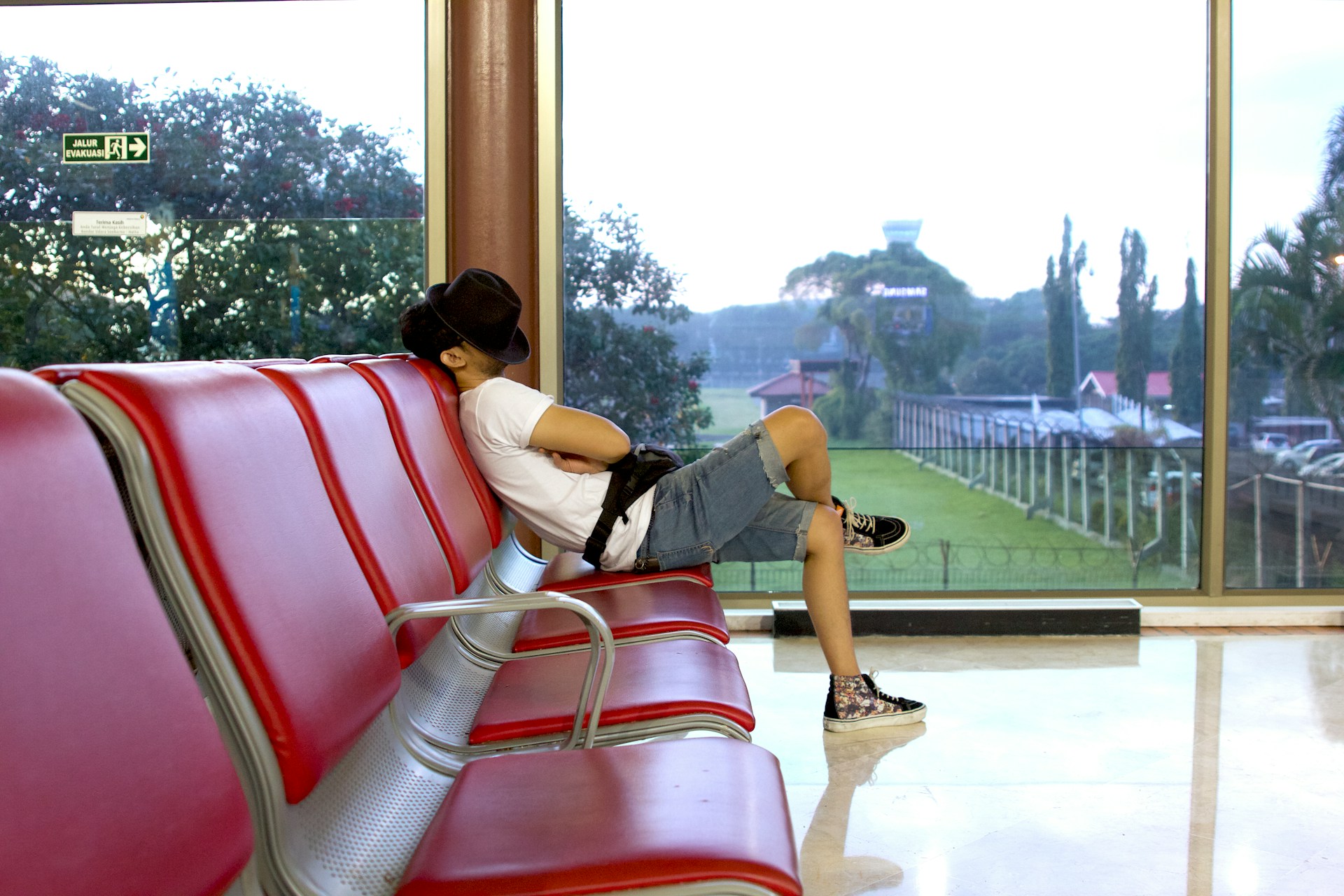Jet lag is a common and often frustrating experience for travelers crossing multiple time zones. It occurs when your body’s internal clock, or circadian rhythm, is out of sync with the local time at your destination. This desynchronization can lead to a variety of symptoms, including fatigue, difficulty concentrating, irritability, and disrupted sleep patterns.
The impact of jet lag can vary depending on the number of time zones crossed and individual differences. Still, it generally affects one’s overall well-being and enjoyment of the trip.

Adjusting to a new time zone can be particularly challenging when traveling east, as this direction of travel involves “losing” time and having to advance your internal clock, which is generally more difficult for the body to adjust to compared to traveling west.
Understanding the mechanisms of jet lag and implementing effective strategies to manage it can significantly enhance your travel experience and reduce the discomfort associated with these disruptions.
When you travel east, you effectively shorten your day, forcing your body to adapt to an earlier schedule. This adjustment is counterintuitive to your natural circadian rhythm, which is more inclined to extend the day rather than shorten it.
As a result, the body struggles more with advancing the internal clock than it does with delaying it. This difficulty in adjustment is why jet lag symptoms can be more severe and persistent when traveling east.
How To Manage Jet Lag
Go to Bed When the Locals Go to Bed
The most common tip for overcoming jet lag is to align your sleep schedule with the local time as soon as possible. This means going to bed when the locals do, even if it initially feels unnatural. However, this is easier said than done.
Upon arrival, your body is still operating in your home time zone, making it hard to stay awake until the local bedtime or to sleep through the night. The temptation to take a nap or go to bed early can be overwhelming, but doing so will only prolong the jet lag adjustment period.
To adjust your internal clock, you may need to combat daytime sleepiness. Resist the urge to nap or sleep at inappropriate times. Staying awake and active helps your body acclimate to the new time zone.
Going to bed at the local bedtime rather than when you feel tired helps reset your internal clock faster. This synchronization can…
Click Here to Read the Full Original Article at GoBackpacking…